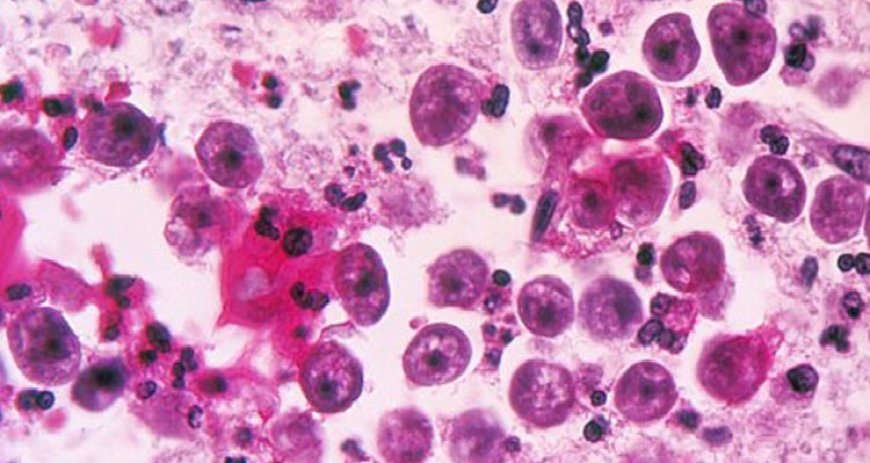NIH issues advisory on Naegleria

1.
The health advisory on Naegleria underscores the prevalence of cases and deaths in Pakistan since 2008, with reports emerging from various cities, including Karachi. Symptoms of Naegleria infection, such as high fever, headache, vomiting, and neck stiffness, are highlighted, with the advisory warning of the virus progressing to coma in its final clinical stage.
To mitigate the risk of Naegleria infection, the advisory urges the water supply department to ensure adequate chlorination, particularly during high temperatures when insufficient chlorine levels can promote Naegleria growth.
Naegleria, a brain-eating amoeba, is found in natural water sources like rivers, lakes, and hot springs. Infection occurs when water with insufficient chlorine enters the nose, potentially leading to death within 4 to 7 days if diagnosis is delayed.
Notably, 75% of Naegleria cases are diagnosed posthumously, emphasizing the importance of preventive measures. The advisory underscores that Naegleria cannot survive in clean, cold, chlorinated water and instructs relevant authorities to maintain the cleanliness and chlorination of water tanks and pipes to minimize the risk of infection.


















































